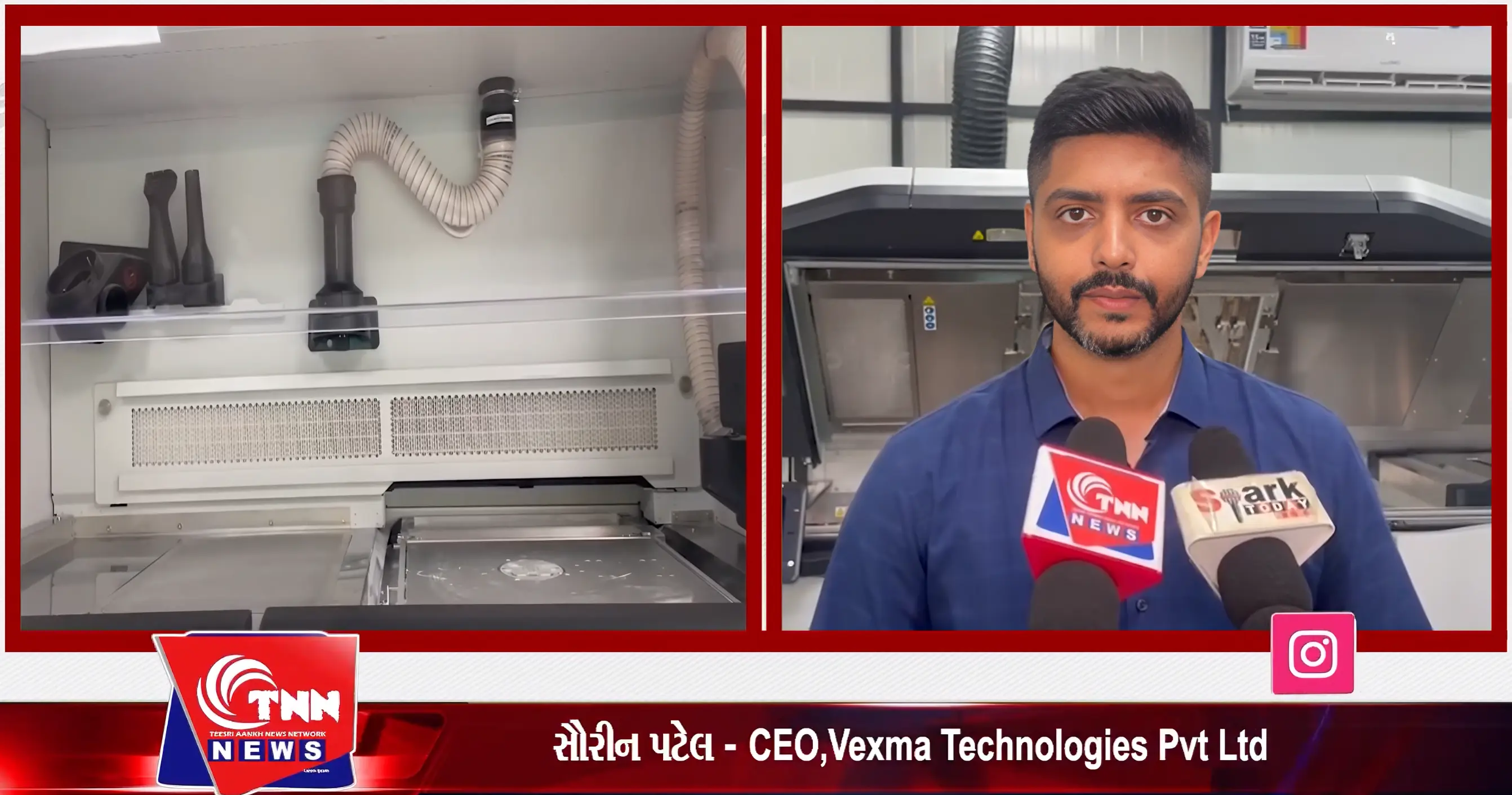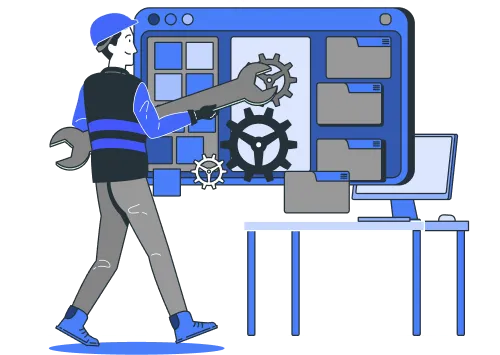Challenges in Traditional Manufacturing Processes
Scaling manufacturing processes is a crucial aspect of business growth. It enables companies to meet increasing demand, improve efficiency, and reduce costs. However, traditional manufacturing often faces significant challenges in scaling due to outdated systems, limited flexibility, and inefficient processes. In today’s fast-paced market, where agility and adaptability are critical, overcoming these obstacles has become more important than ever.
This blog delves into the key problems associated with scaling in traditional manufacturing and their impact on business operations.
Key Challenges in Traditional Manufacturing
1. Inefficient Processes:
Reliance on manual workflows and physical documentation slows operations. Difficulty in adapting to modern, automated methods.
2. High Operational Costs:
Expensive machinery and maintenance costs.
Increased labor costs due to dependency on manual work.
3. Lack of Data Transparency:
Minimal tracking and real-time insights into operations.
Poor visibility into inventory, production, and supply chains.
4. Communication Barriers:
Miscommunication between teams, vendors, and customers.
Limited tools to ensure smooth collaboration and coordination.
5. Quality Control Issues:
Manual inspections prone to errors.
Challenges in maintaining consistent product quality.
6. Limited Scalability:
Difficulty in scaling up production without significant investment in infrastructure.
Inflexible processes that don't adapt well to market demands.
7. Dependency on Paper-Based Systems:
Time-consuming and error-prone documentation.
Difficulty in storing, retrieving, and analyzing historical data.
8. Environmental Impact:
High waste generation due to inefficiencies.
Reliance on energy-intensive processes with limited eco-friendly practices.
9. Slow Response to Market Changes:
Longer lead times for new product launches or modifications.
Challenges in meeting rapidly changing customer demands.
10. Limited Use of Technology:
Lack of integration with modern digital tools like IoT, AI, and data analytics.
Missed opportunities for optimization and innovation.
The Impact of These Challenges
Decreased Competitiveness: Manufacturers that fail to scale effectively risk losing market share to more agile competitors.
Operational Inefficiencies: Inefficiencies in processes lead to higher costs, slower production, and decreased profitability.
Customer Dissatisfaction: Inability to meet demand or maintain quality can result in lost customers and tarnished reputations.
Missed Growth Opportunities: Businesses unable to scale miss out on expanding into new markets or launching new products.
Traditional manufacturing processes are fraught with challenges, each posing significant risks to business growth and competitiveness. Identifying and understanding these problems is the first step toward creating a roadmap for transformation.
By acknowledging these obstacles, manufacturers can begin the journey toward more agile and efficient operations. Something Revolutionary Is Coming To Accelerate The Manufacturing Industry.
👉 Stay tuned for the game-changing solutions that Vexma is set to unveil! 🚀





